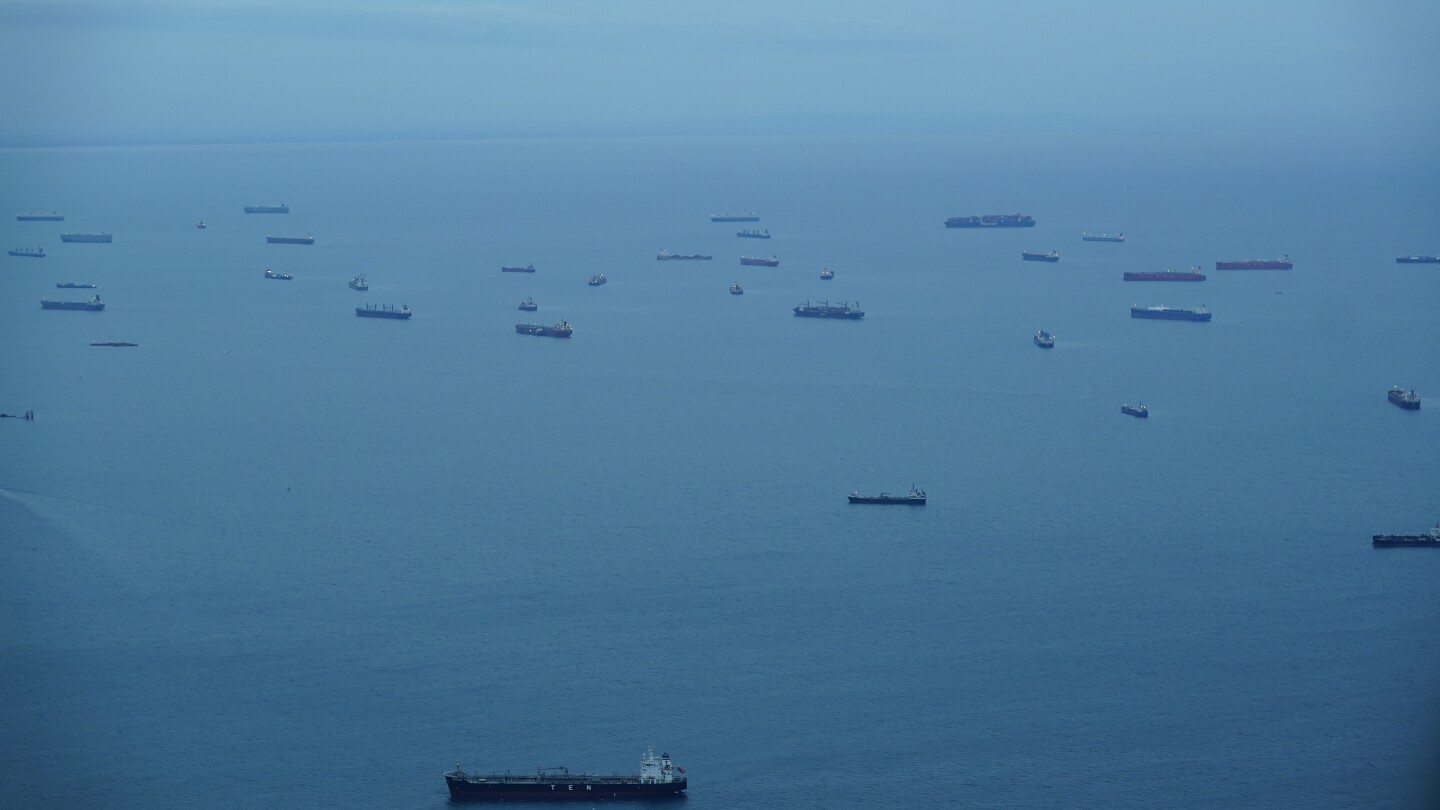The Panama Canal announced Saturday it will reduce the maximum number of ships travelling the waterway to 31 per day, from 32 in August, due to a drought that has reduced the supply of fresh water needed to operate the locks.
That compares to daily averages of 36 to 38 ships per day under normal operation.
Nine ships per day will be allowed to use the new, bigger NeoPanamax locks and 22 per day will be handled through the older Panamax locks.



The most powerful pump in the world would take a half hour to fill a Panama Canal lock from the low level to the high level (by contrast, the gravity-fed system takes only ten minutes to fill it from the lake). That pump is called the Pentair Fairbanks Nijhuis HP1-4000.340; coincidentally it actually is in the Netherlands, and it’s used to control flooding. It cost about $1B (USD) and took over three years to install.
The Panama Canal would need twelve of them; one for each lock. At a total cost of over one billion dollars, the installation would suck up almost a sixth of the nation’s GDP; and each time you filled a lock with one, the electricity alone would cost another $22,400. That means over a quarter of a million dollars for every ship that goes through the twelve locks, which means another $2.5m per day to send ten ships through (and note that number— it would also bring along with it a 66% cut in the possible revenue that the canal can earn from current levels, which are already half of their designed rate) because the slower moving pumps would take three times as long to cycle a lock.
Are there ways to mitigate some of this? Certainly. But I’m trying to communicate the scope of this massive problem that you’re dismissing here. I’m sure they’ve thought about every angle, since it’s something like 40% of their GDP.
Why not pump straight to a top-level reservoir?
Well for one thing, Gatun Lake is now an entire freshwater ecosystem, and breathing to see because of it’s inaccessibility to humans.Turning it brackish would probably have some consequences.
There already is a reservoir, it’s called Gatun Lake. It’s not filled using pumps, though, it’s filled from the rain.
That rain is what’s the problem right now, there’s not enough.
That top-level reservoir is called Gatun Lake. It’s one of the largest artificial freshwater lakes on Earth; pumping seawater into it would be disastrous for fish populations which have already not recovered from the introduction of an invasive species almost 60 years ago; but even more disastrous for the cities of Colón and Panama City, which get their drinking water from Gatun Lake.
Plus, (and take this part with a grain of salt, I haven’t researched it as closely, but the provenance is pretty good) pumping water that far (Gatun Lake is 85ft/26m above sea level and 6mi/9.5km from the ocean on the Atlantic side) would increase costs significantly over just pumping it up a level from one lock to another. The maximum vertical pumping height of a single ideal pump was at one time proven to be 33ft, meaning that pumping from the ocean to the lake would require a system of pumps that wouldn’t reduce installation costs that much and would probably have to run more or less continuously, increasing operating costs.
Hydrology is cool. The forces are gigantic.
Cool! I didn’t know that. Thanks for the info!
Oh sure, anyone can find a reason not to do something…